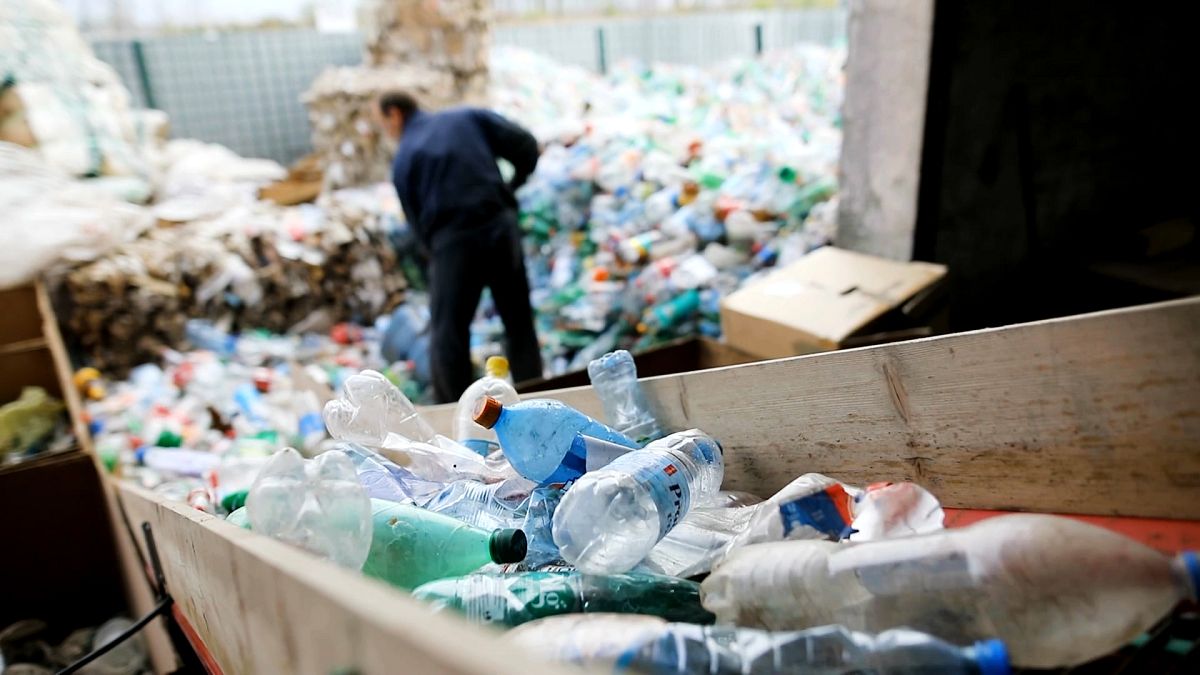

In a world increasingly faced with environmental challenges, a widespread consensus highlights the essential need to adopt proactive measures in protecting our planet’s delicate ecosystems. Recent developments emphasize both local and global efforts focused on environmental sustainability, from recognizing the rights of rivers to the controversial expansion of fossil fuel explorations, and the pursuit of solutions to combat plastic pollution.
Amidst growing concerns over plastic pollution, research and environmental advocates are underscoring a vital message: while recycling remains important, the ultimate goal should be to significantly reduce the consumption of plastics. This assertive stance emerges amid escalating plastic usage, which not only infiltrates every corner of the natural environment but also finds its way into our bodies. The call is for a shift towards adopting alternative materials and reducing reliance on single-use plastics, portraying a commitment not only to cleaner cities and oceans but also contributing to a healthier planet.
Parallel to these efforts, developments in the Democratic Republic of the Congo (DRC) have stirred significant discussion. Plans to open up over half of the nation’s territory to oil and gas drilling pose a substantial risk to some of the world’s most treasured wildlife and carbon-rich ecosystems. The DRC’s decision covers 124 million hectares of land and affects estimated 39 million people, threatening habitats crucial to endangered species such as the lowland gorilla and the bonobo. This move presents a complex challenge, juxtaposing economic aspirations with environmental conservation efforts.
In contrast, a significant stride in the recognition of natural rights is witnessed in Hampshire, UK, where the local government has acknowledged the innate rights of the River Test, a globally recognized chalk stream known for its exemplary biodiversity and rich history in fly fishing. The River Test now holds acknowledged rights to flow unobstructed and free from pollutants, serving as an inspiring model for other regions looking to protect their aquatic habitats and ensure biodiversity thrives.
Such actions encapsulate the delicate balancing act between environmental responsibility and development needs. While each scenario presents unique challenges, the collective momentum towards acknowledging and acting upon environmental rights underscores a journey toward harmonious coexistence with nature. As these narratives unfold across various global landscapes, they invite continual reflection and action, nudging humanity closer to a more sustainable future.
Through these initiatives, there emerges a clear call to embrace respect and care for our natural surroundings as integral to our collective progress. The planet’s well-being is not simply an obligation but a shared opportunity to foster a healthy and thriving world for generations to come.
Source: {link}
